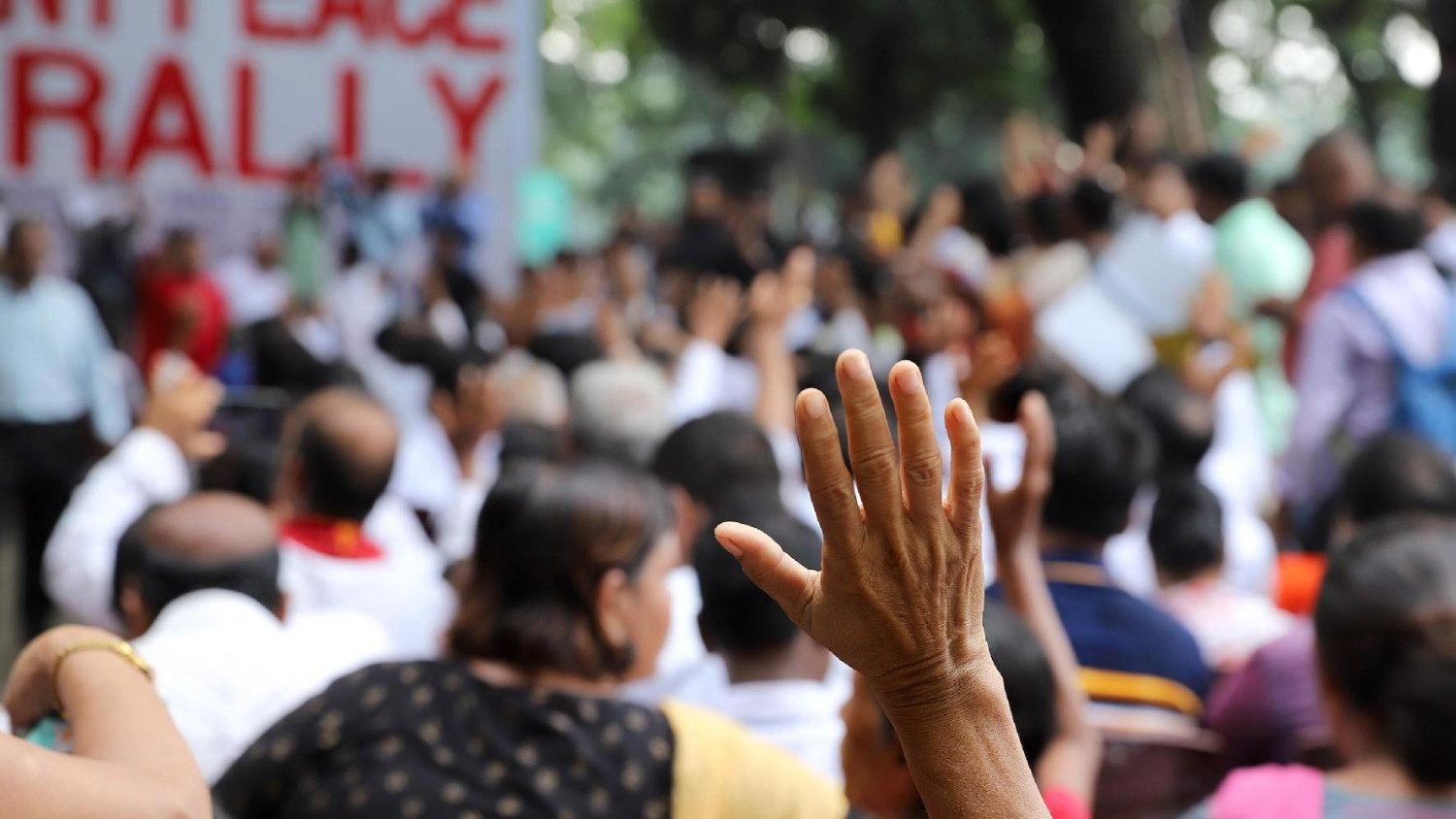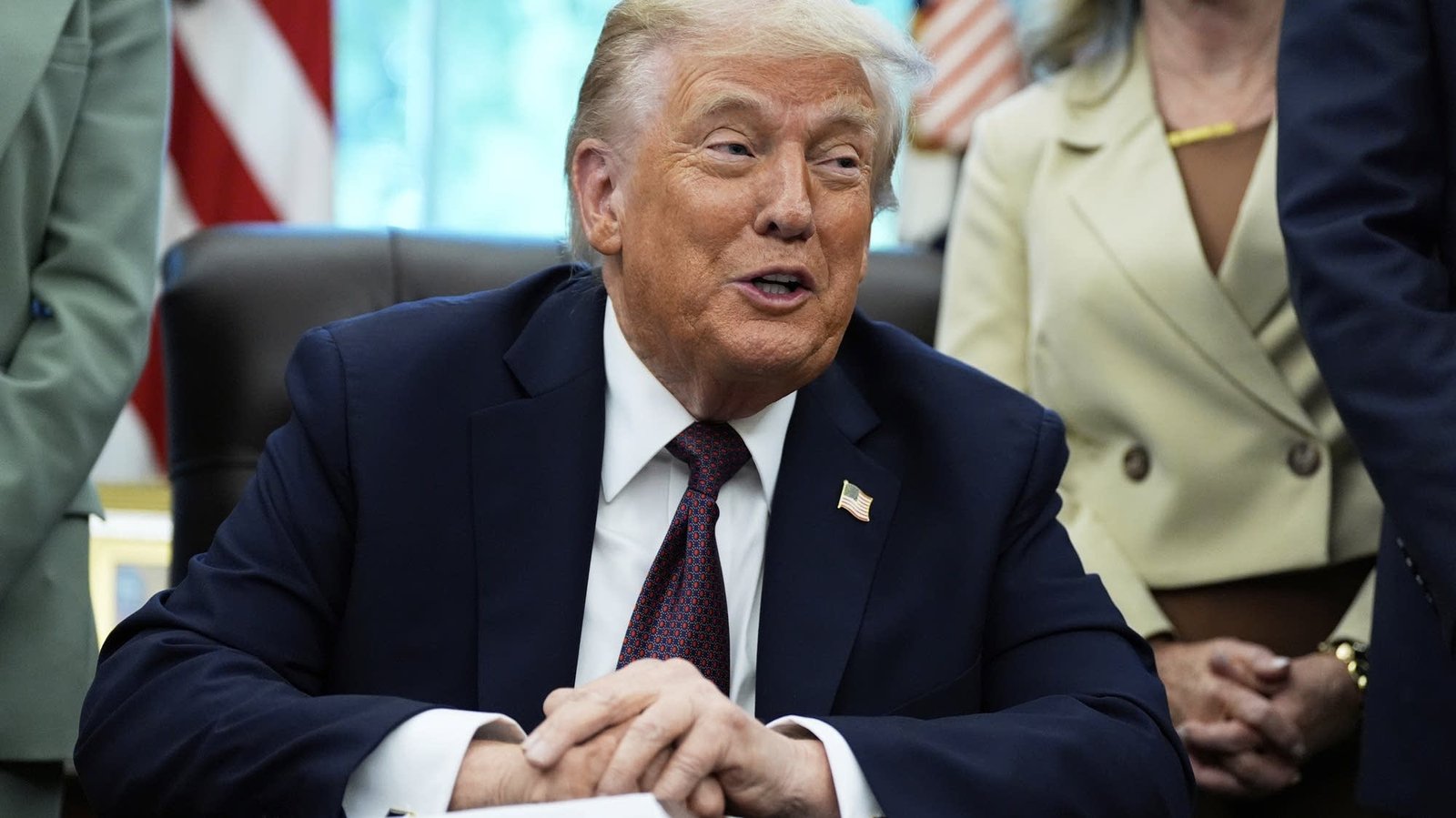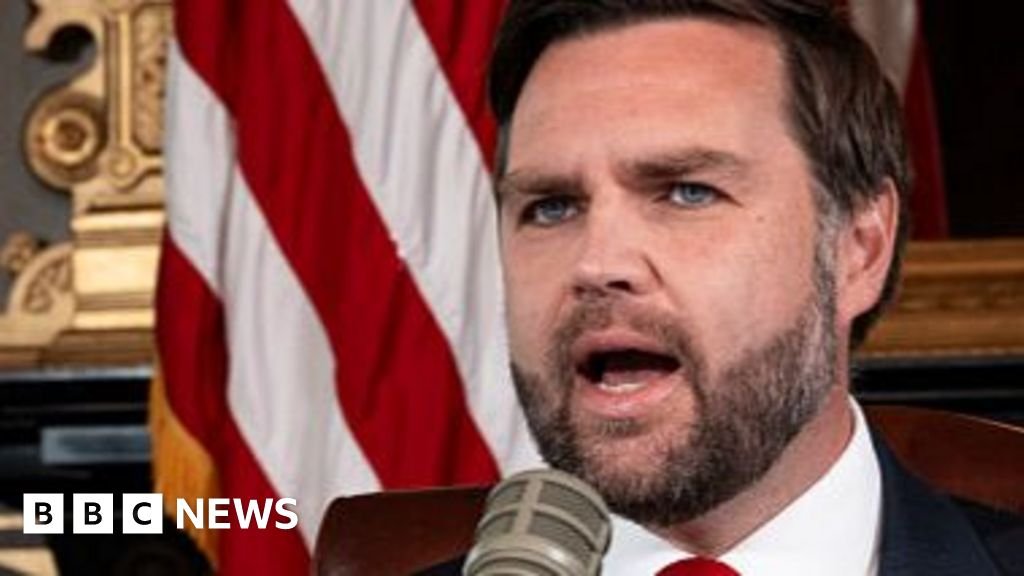Amid ethnic violence in the Indian state of Manipur, Archbishop Linus Neli of Imphal explains peace can only be achieved through dialogue, healing, and political will.
By Kielce Gussie
Two years ago, ethnic violence plunged Manipur, a small Indian state, into conflict as the two biggest groups—majority Meitei and minority Kuki-Zo—began fighting over power and territory. Earlier this year, the violence reignited following the resignation of the chief minister and the government’s imposition of the president’s rule.
According to Human Rights Watch, with the two groups—the mainly Hindu Meitei and the predominantly Christian Kuki-Zo—the conflict has practically divided the state into two ethnic zones with a buffer zone of police outposts and security force patrols.
In an interview with the Vatican’s Fides news agency, the Archbishop of Imphal—the capital of the state in northeastern India—Linus Neli, explained the impact of a recent visit of the Prime Minister to this part of India.
The root of the problem
Addressing the people of Manipur, Prime Minister Narendra Modi spoke of peace, prosperity, and development. He also touched on an economic aid package, unity of the nation, and the integrity of the area.
Archbishop Neli explained that the Prime Minister’s “visit failed to address the sore point and the crucial problem: the population of Manipur is divided by the conflict and has been living in separate areas for two years.”
The Archbishop underlined how more than 50,000 people from both ethnic groups are suffering in refugee camps, and he stressed that the only way forward is through a process of healing and reconciliation.
Yet, Archbishop Neli reiterated how the Prime Minister failed to speak about “the relationship between the warring groups, the hatred, the urgency of restoring internal and communal peace” during his visit.
A solution, not a temporary fix
As of right now, the military is handling the crisis by keeping the two groups apart, controlling the area, and offering security. The Archbishop warned this is a temporary fix to prevent further violence, but it is not a solution. “The situation on the ground is entrenched. And the wounds will remain if no one does anything to heal them,” he said.
For Archbishop Neli, the reconciliation process and restoration of peace can only happen if there is political will. This, he shared, requires goodwill on both sides and mediation by the political, state, and federal authorities.
“Reconciliation is possible if the issues at hand are addressed openly and according to criteria of fairness and justice, overcoming barriers and polarization: this is the task of good politics,” said Archbishop Neli.
Catholic service for all
Furthermore, he highlighted that the Catholic Church is active in helping both groups through humanitarian assistance to the refugees and support for intercultural and interreligious assistance dedicated to promoting peace and coexistence.
Archbishop Neli stressed the Catholic community tries “to act as a bridge and initiate a process of healing and reconciliation” in the conflict.
Part of the reconstruction process involves rebuilding three churches completely destroyed by the army, which has restricted the community’s access to the facilities. But in light of the ongoing situation, the Archbishop said all they can do is wait and see.






